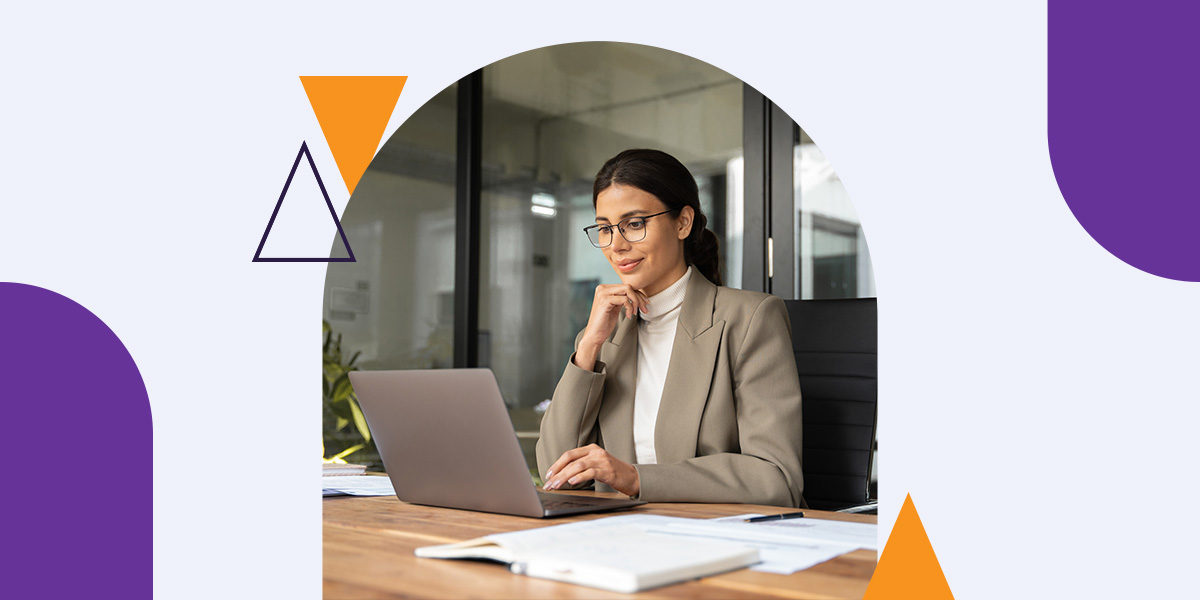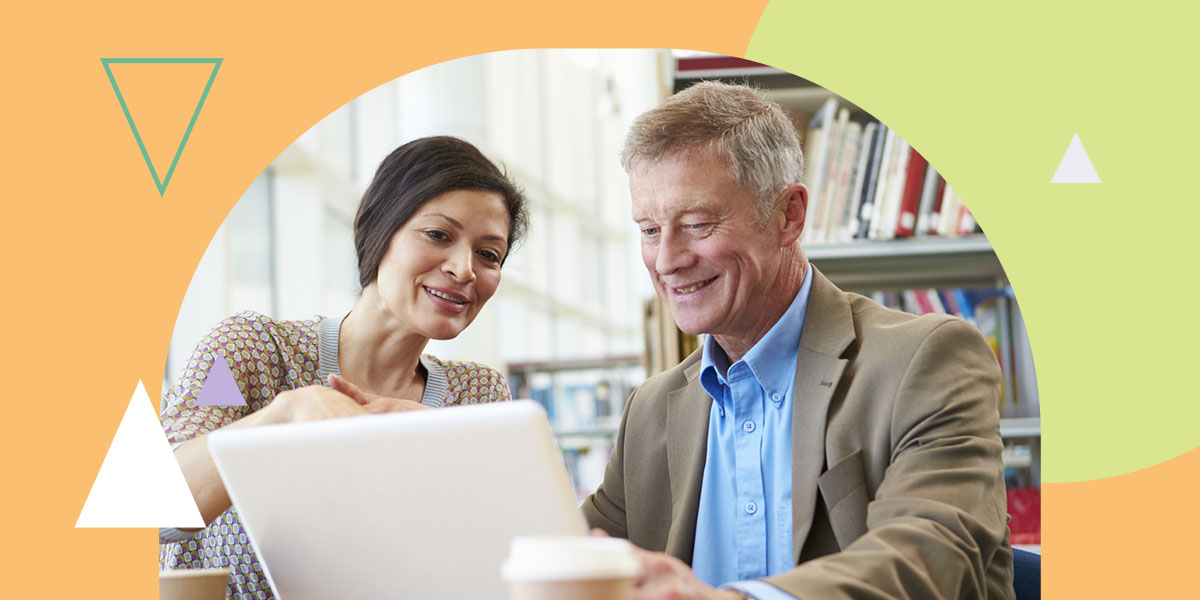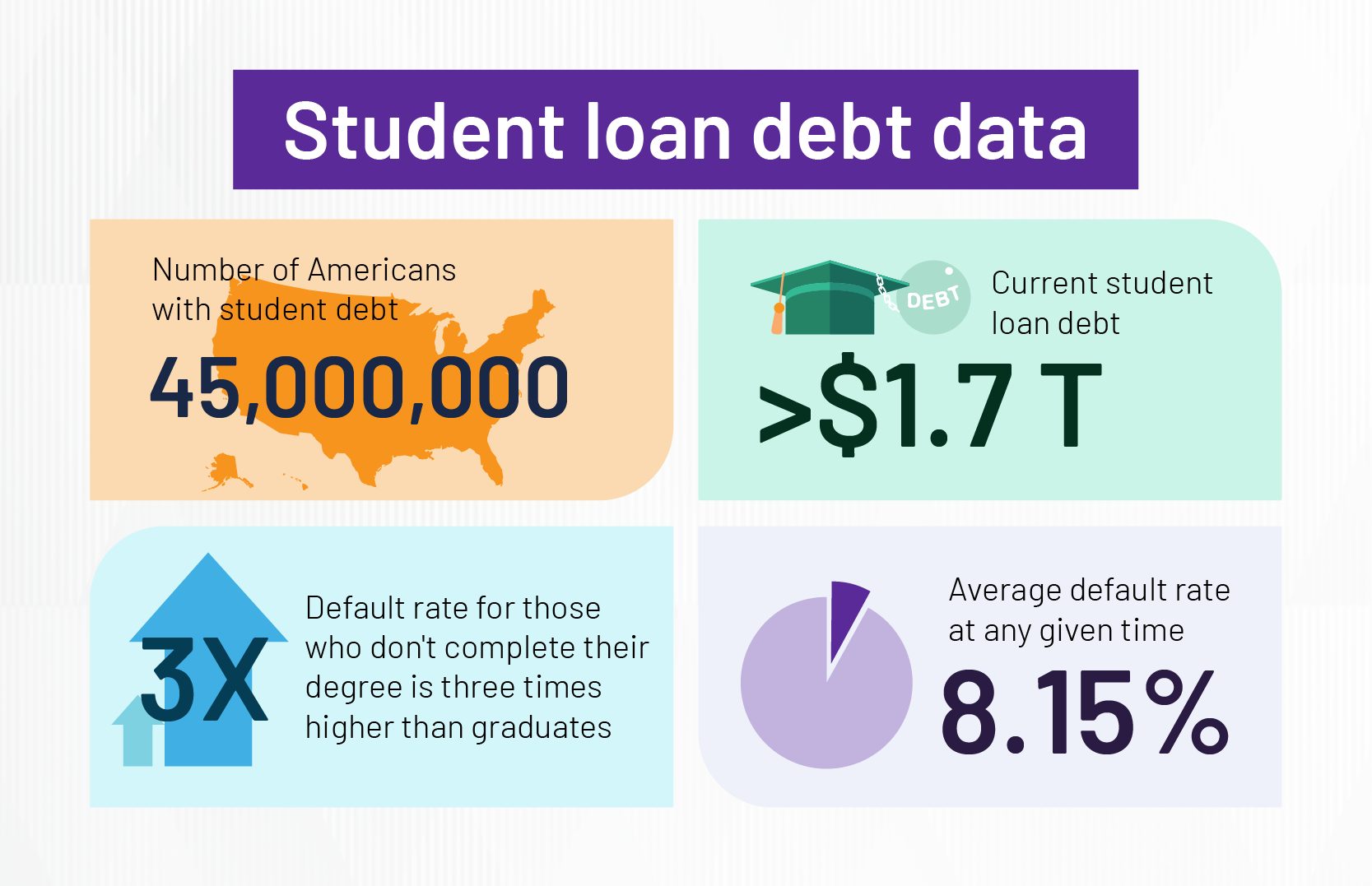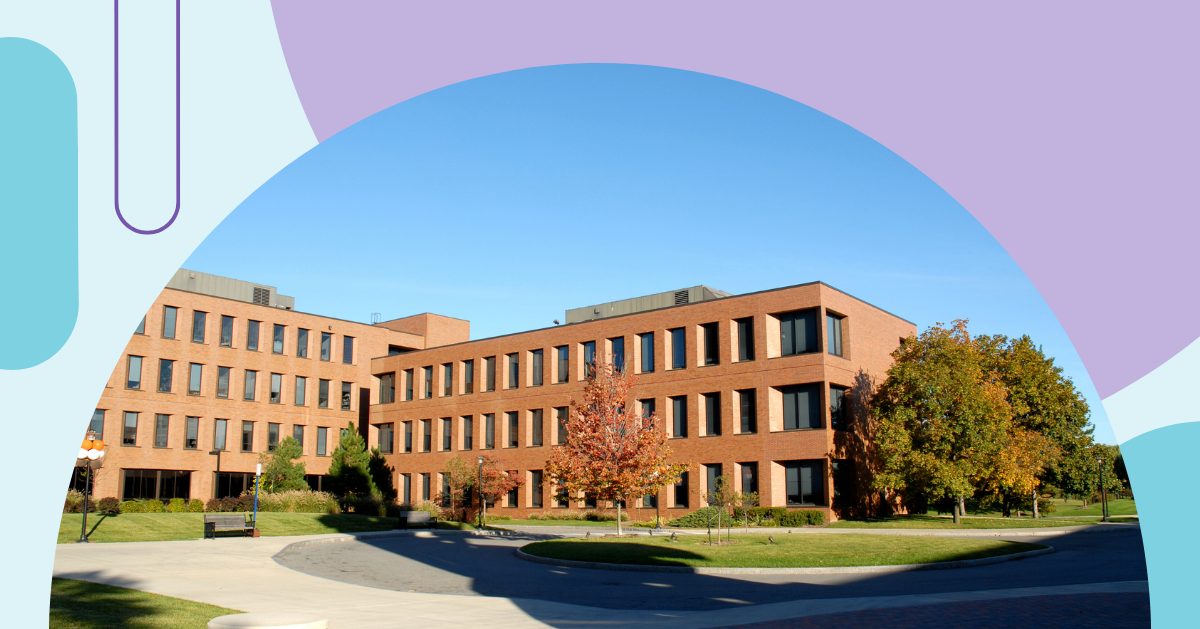
Cocurricular activities in higher education significantly impact student success. Students who engage with clubs and programs strengthen their academic knowledge and gain valuable skills. Higher education institutions can build cocurricular programs that align curriculum goals to aid student comprehension and create a more fulfilling experience on campus.
Discover the importance of cocurricular activities and how they impact student success. You’ll also learn how supporting students benefits your institution as a whole.
What are cocurricular student activities?
Cocurricular activities in higher education take place outside of classes and allow students to apply the curriculum to more real-world scenarios. The goal of cocurricular activities is to supplement course material, enhance student learning, and develop skills related to their chosen career. Students perform these activities without grades or academic credit but still learn new information or reinforce current knowledge.
Examples of cocurricular activities:
- Newspaper clubs
- Student councils
- Musical performances
- Debate competitions
- Engineering teams
- Art shows
- Robotics groups
Cocurricular vs. extracurricular activities: what’s the difference?
People often use the terms “cocurricular” and “extracurricular” interchangeably. Both occur outside the classroom and provide students with additional experience in some form. However, these terms have a fundamental distinction, though one institution may classify an activity as cocurricular while another may consider it extracurricular.
The difference is that extracurricular activities focus less on complementing the curriculum. They’re more of an add-on activity for students to learn new skills and socialize. They usually happen off-campus and are run by external instructors.
Examples of extracurricular activities:
- Sports teams
- Social clubs
- Church activities
- Internships
- Community service
- Hiking groups
Defining student success
Student success refers generally to positive student outcomes, but this looks different depending on the institutions and their goals. Some institutions may view academic performance, course completion, and graduation rates as metrics of student success. Others may focus more on student satisfaction, engagement, and support utilization.
No matter what metrics your institution focuses on, measuring student success is critical. Student outcomes indicate your institution’s strengths and weaknesses, which can inform decision-making. It’s also an essential part of acquiring accreditation and funding.
Why are cocurricular activities important for student success?

Cocurricular activities impact students in various ways, many of which contribute to their success. By developing engaging cocurricular programs, your institution can increase the chances of meeting student success goals.
Cocurricular activities achieve this by improving:
- Academic performance: Students who engage in cocurricular activities can apply what they learn in the classroom to more real-life applications, enhancing their understanding. As they progress, they may feel more motivated to work harder on coursework. This engagement and experience can directly improve their academic performance.
- Soft skill development: Cocurricular activities encourage students to work together to overcome challenges and achieve shared goals. Through these interactions, students develop soft skills like problem-solving, time management, communication, critical thinking, and collaboration. Soft skills help students succeed in their education and future careers.
- Well-being: Coursework can be challenging, particularly around assessment times. Cocurricular activities can provide stress relief for students, as they allow them to enjoy their favorite pastimes while building skills and making friends. Lower stress levels improve their experience and make it easier to focus on thriving in their studies.
- Career readiness: Soft skills that students learn from participating in cocurricular activities set them up for success after they graduate and enter the workforce. Employers value candidates who possess certain soft skills, as they facilitate achievement in the workplace. Studies show a direct link between soft skills and employability, making these skills essential for improving career readiness.
What could Watermark do for your institution?
The impact of cocurricular activities on institutional success
Introducing cocurricular activities is a powerful way to ensure the success of your institution as a whole. While students benefit from them, cocurricular activities also improve metrics that indicate your institution’s effectiveness and reputation. These include:
Satisfaction
The many benefits of cocurricular activities can make the student experience more enjoyable. Think of how they relieve stress, encourage social connections, improve motivation, and boost confidence. These factors contribute to increased student satisfaction, which measures the attitude and feelings students have toward their educational experience at your institution. Higher satisfaction levels indicate that students value their education, highlighting the quality of your institution’s offerings.
Retention
Student satisfaction and academic performance are two areas that cocurricular activities positively impact. When students are satisfied with their campus experience and performing well, they’re more likely to re-enroll for the following semesters and complete their studies. Re-enrollment and program completion relate to student retention, a key indicator of student success. Institutions with higher retention rates see fewer students dropping out or transferring.
Enrollment
As high school juniors and seniors debate which institution they want to attend, they can refer to your student success rates. If they recognize that your institution goes above and beyond to guide students to their goals, they may be more likely to enroll. Comparatively, low student success may steer students to other institutions they feel fit their needs better. By introducing cocurricular programs that increase student success, your institution can improve its desirability and enrollment rates.
Implement successful cocurricular programs with Watermark
Watermark turns insights into action. For more than 20 years, we’ve been building innovative software solutions so higher education institutions can use data to drive change. If your institution plans to improve student success initiatives, our solutions can help.
Watermark Student Success & Engagement provides a unified platform for faculty to access the data they need to fully support students. It also provides tools for establishing guided pathways for students and tracking their progress. When students veer off course, faculty receive alerts and guidance to provide proactive support.
To understand how students find cocurricular activities and the overall course experience, you can use Watermark Course Evaluations & Surveys. This tool makes distributing surveys and gathering quality student feedback simple. It’ll improve response rates, make feedback instantly accessible, and help turn insights into improvement.
Browse our solutions to discover how we can help your institution, or request a demo of our unique software to experience our solutions for yourself.
















































































































































































































































































































































































































